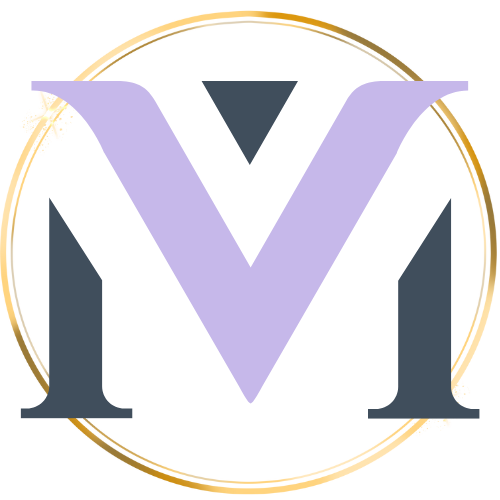Το Gamma.app αποτελεί μια καινοτόμα πλατφόρμα που διευκολύνει τη δημιουργία διαδραστικών παρουσιάσεων, εγγράφων και ιστοσελίδων με τη βοήθεια της τεχνητής νοημοσύνης. Προσφέρεται ως μια σύγχρονη εναλλακτική στα παραδοσιακά εργαλεία, όπως το PowerPoint και το Google Slides, παρέχοντας έναν πιο δυναμικό και οπτικά ελκυστικό τρόπο παρουσίασης περιεχομένου.
Μέσω του Gamma.app, οι χρήστες μπορούν να δημιουργούν εύκολα και γρήγορα υλικό, να τροποποιούν σχέδια χωρίς απαραίτητες γνώσεις γραφιστικής και να ενσωματώνουν πολυμέσα, όπως εικόνες και διαγράμματα, με ευκολία. Η πλατφόρμα αυτή είναι ιδιαίτερα χρήσιμη για εκπαιδευτικούς, επαγγελματίες και δημιουργούς που επιθυμούν να παρουσιάσουν τις ιδέες τους με μοντέρνο και εντυπωσιακό τρόπο.
Στον σύνδεσμο θα βρείτε την παρουσιάση μου:
https://gamma.app/docs/21–bfnbr35q5gknw95
Oι παράγραφοι που με εντυπωσίασαν και επέλεξα να παρουσιάσω από το άρθρο : Aimé Anita Jacqueline. Digital Literacy in the 21st Century: Preparing Students for the Future Workforce. Research Output Journal of Arts and Management, 2024 3(3):40-43 είναι:
- THE IMPORTANCE OF DIGITAL LITERACY IN THE 21ST CENTURY
“In the 21st century, proficiency with digital technology has emerged as one of the defining social forces shaping an ever-evolving landscape of human development and opportunity. Digitization is transcending national barriers, opening up capital markets and making geographic connections that were still the subject of science and fiction a few decades ago. Yet again digitization has made it all but free to transport information across the globe at lightning speed. Rapid change appears to be transforming the relationships between people, communities, markets, and governments. Equally important, it is changing the behavior of people and their basic attitudes toward the digital environment more than their parents’ and grandparents’ parents could ever dream of, beckoning in a new semi-controlled and chaotic world where everybody has a voice. Digitally literate citizens are far more likely to lead desirable lives as healthy, happy, productive, and fulfilled members of society than the conversely less literate. Needed digitally literate citizens cannot be created via parenting or mathematical magic alone; deliberate action at the societal level is required [4, 5]. Pre-engineered technology-driven solutions to the digital age that are directed at developing technologically literate citizens as uncritical and dependent users of information and communication technology (ICT) are growing out of the 20th century.”
- STRATEGIES FOR TEACHING DIGITAL LITERACY
“With the increase and variety of technology available to students, digital literacy needs to be taught as a basic skill. Particularly in K-12 education, it is essential to examine school assignments, classroom activities, and required learning tasks. Each should include a digital media component or view allowing students to summarize and analyze multiple modes of information. Web technologies, applications, and tools that manipulate text, video, or audio can change how written and spoken language are presented and broaden students’ understanding of a text. Teachers need to assess a digital media component’s capacity to increase or enhance learning based on their knowledge of how technology impacts presentation, writing, context, and syntax of documents created. Teachers may need to revisit ideas about student evaluation and account for “new literacies,” especially social and technical texts, multi-annual and multi-modal texts, and co-written or joint authorship, as discussed by many scholars.”
